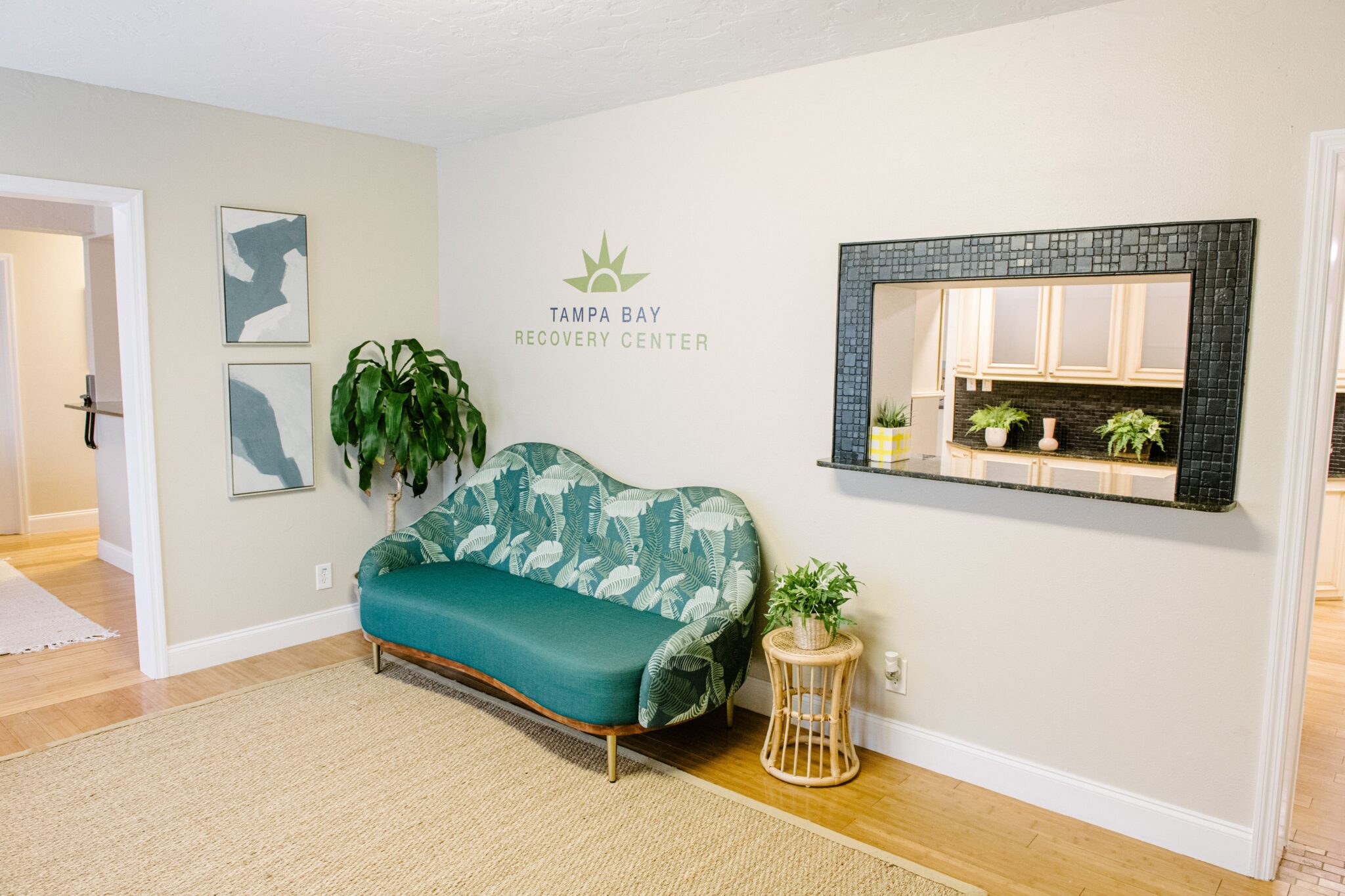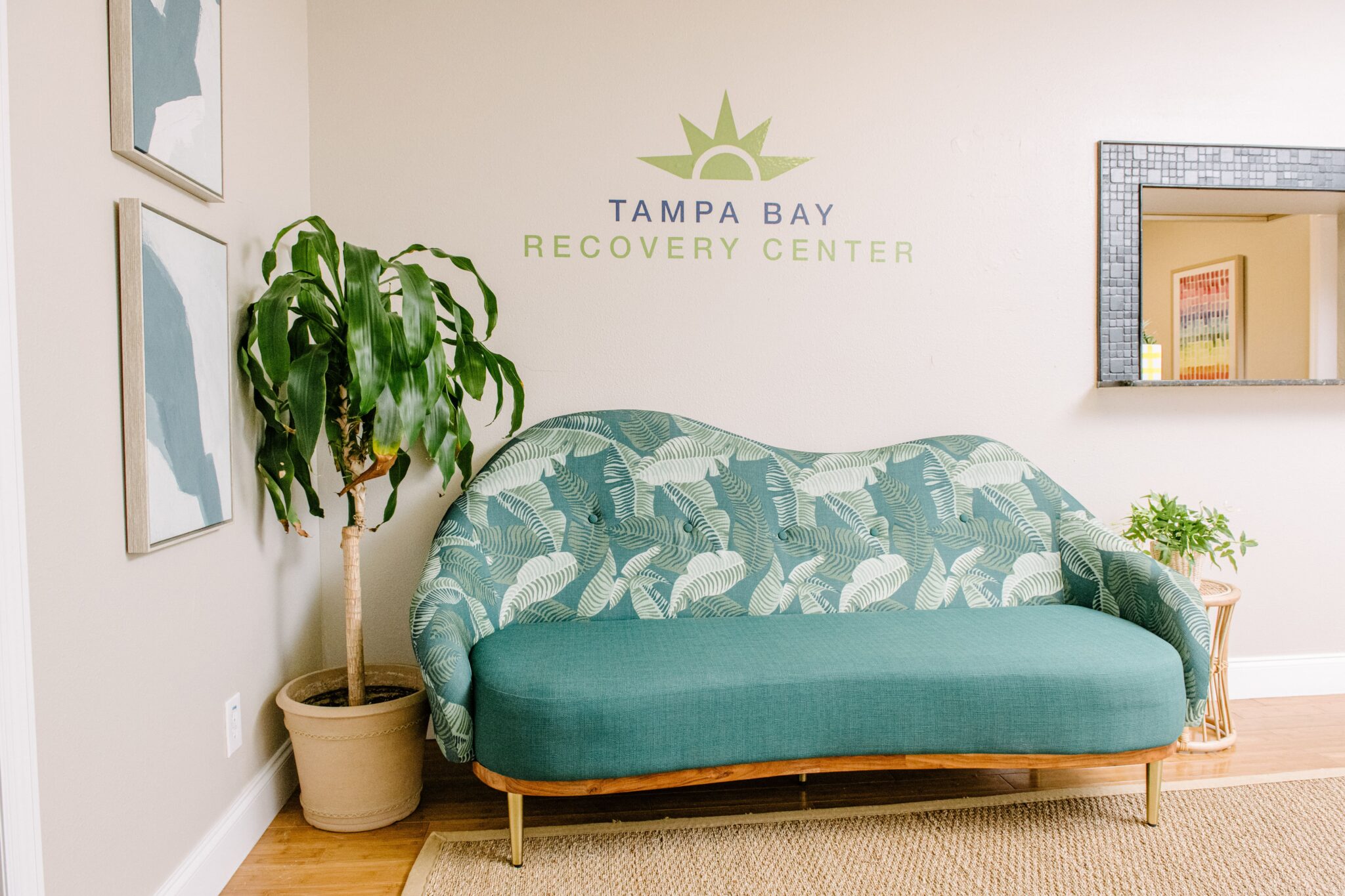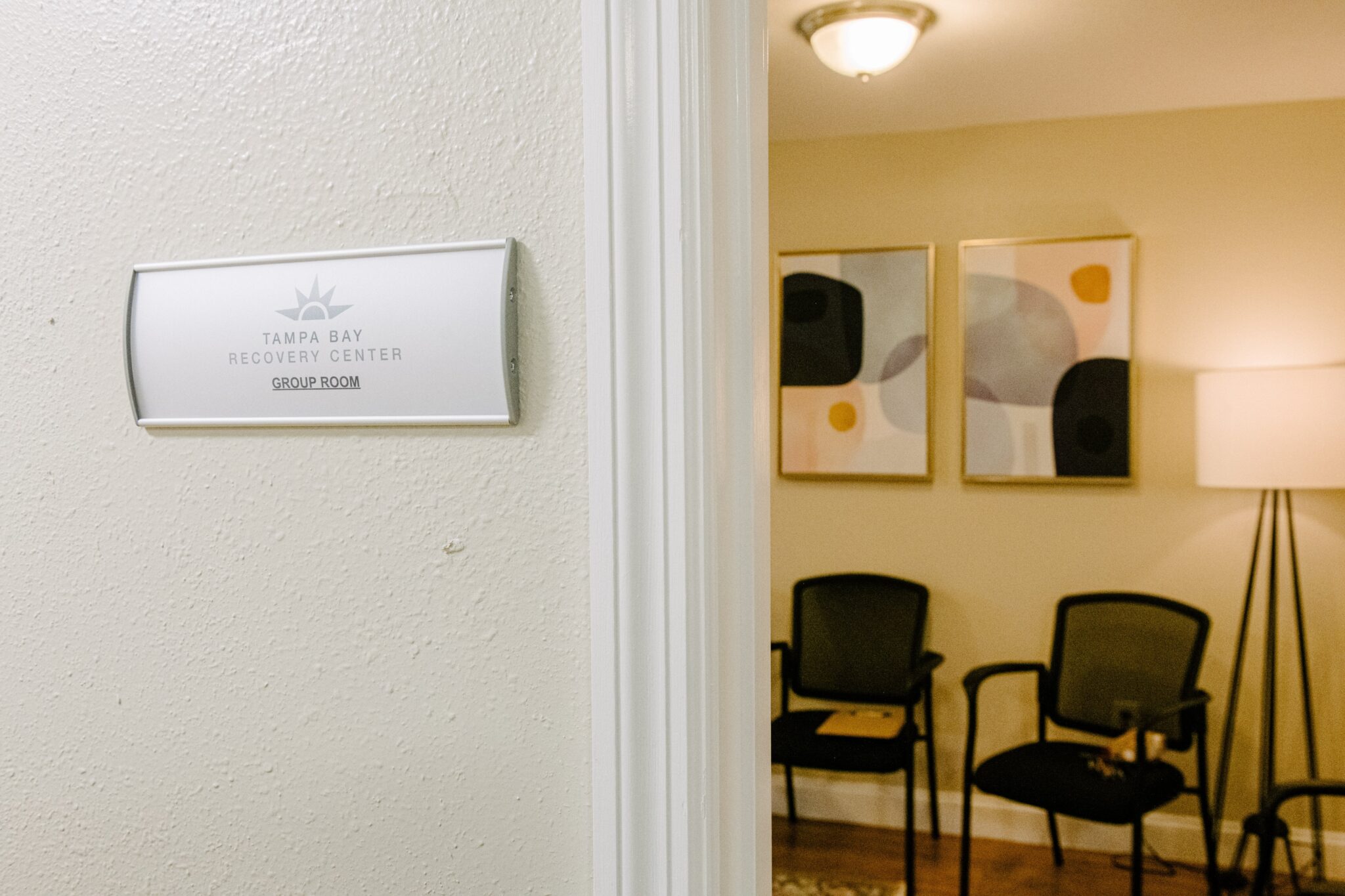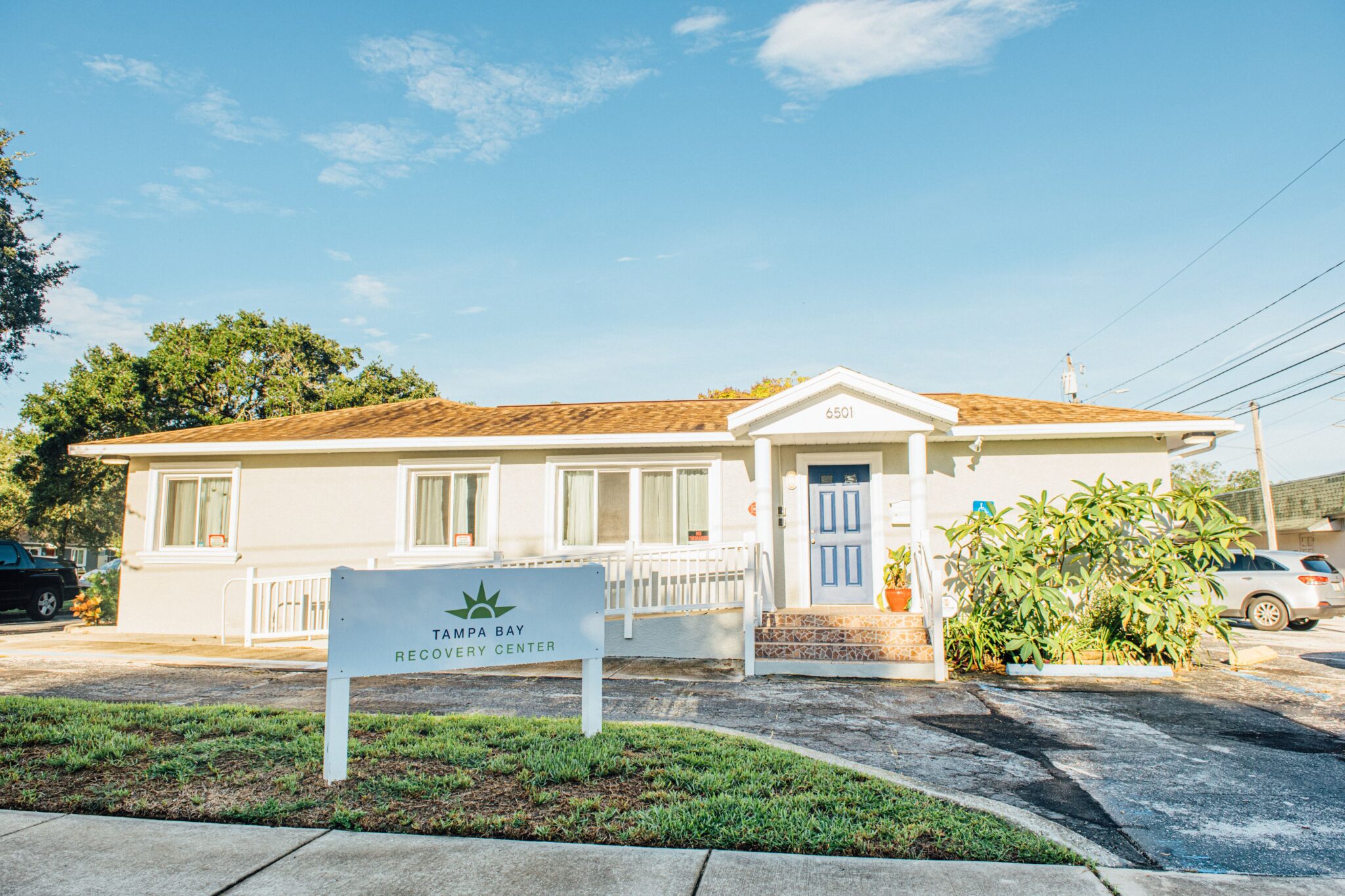Valium, or its generic name Diazepam, is a highly addictive benzodiazepine that works by enhancing the effects of gamma-aminobutyric acid (GABA), a neurotransmitter that induces relaxation in the brain. Originally marketed in 1963, Valium became one of the most prescribed medications worldwide. It is primarily used to treat anxiety disorders, alcohol withdrawal symptoms, muscle spasms, and certain types of seizures. Despite its medical benefits, Valium misuse can lead to dependence and addiction, requiring professional intervention for recovery.
How Addictive Is Valium (Diazepam)?
Valium can be highly addictive. While prescribed for legitimate medical reasons, prolonged or improper use can lead to physical dependence and psychological addiction. Over time, the body may develop a tolerance, requiring higher doses to achieve the same effects, which escalates the risk of addiction. In addition, some individuals use the drug to manage stress or anxiety, further complicating the recovery process.
How Long Does It Take to Become Addicted to Valium?
The development of addiction to Valium varies by individual. Factors such as physical health, genetics, frequency of use, and underlying psychiatric conditions all play a role. However, research from the American Academy of Family Physicians shows that physical dependence on benzodiazepines can begin after as little as 2-4 weeks of regular use. Psychological dependence can also emerge within this period, with individuals relying on the drug for everyday functioning or stress relief.
Signs and Symptoms of Valium Abuse
Physical Symptoms:
- Drowsiness or fatigue
- Slurred speech
- Lack of coordination
- Blurred vision
- Slowed breathing
- Tremors
Behavioral Symptoms:
- Using Valium without a prescription or taking higher doses than prescribed.
- Spending significant time obtaining, using, or recovering from the drug.
- Failing to meet responsibilities at work, school, or home due to drug use.
- Continuing drug use despite negative social or personal consequences.
- Losing interest in previously enjoyed activities.
Psychological Symptoms:
- Increased anxiety or agitation
- Confusion or memory problems
- Mood swings or changes in personality
- Cravings for Valium
Can You Overdose on Valium?
Yes, it is possible to overdose on Valium, particularly when taken in large doses or combined with other substances like alcohol or opioids. Symptoms of an overdose include severe drowsiness, difficulty breathing, coma, and in some cases, death. Immediate medical attention is crucial if an overdose is suspected.
Signs and Symptoms of Valium Withdrawal
Valium withdrawal can be both physically and psychologically intense. The severity of symptoms depends on the dosage and duration of use, as well as the individual’s overall health. Common withdrawal symptoms include:
Physical Symptoms:
- Headaches
- Muscle pain
- Tremors
- Nausea
- Seizures (in severe cases)
Psychological Symptoms:
- Anxiety and panic attacks
- Irritability
- Restlessness
- Hallucinations (in severe cases)
Valium Withdrawal Timeline
The withdrawal process from Valium can be challenging and requires professional supervision. A typical withdrawal timeline is as follows:
- 6-8 hours after last dose: Initial withdrawal symptoms, such as anxiety and restlessness, begin.
- 1-4 days after last dose: Symptoms peak, including increased heart rate, seizures, and hallucinations.
- 1-2 weeks after last dose: Symptoms begin to taper off, though anxiety and sleep disturbances may persist.
- After 2 weeks: Most physical symptoms have subsided, but psychological symptoms like anxiety or depression may continue.
Finding Treatment for Valium Addiction
Seeking professional treatment for Valium addiction is essential for recovery. At Tampa Bay Recovery Center, we offer a range of treatment programs tailored to meet individual needs, ensuring a safe and structured path to recovery.
1. Detoxification (Detox):
The first step is usually medically-supervised detox. This process clears the drug from the body in a safe environment, where withdrawal symptoms are managed to prevent complications such as seizures.
2. Partial Hospitalization Program (PHP):
After detox, individuals may transition to PHP, which involves intensive therapy without requiring overnight stays. PHP includes individual counseling, group therapy, and skills training.
3. Intensive Outpatient Program (IOP):
For those who need a less intensive level of care, our IOP allows individuals to continue therapy while managing daily responsibilities. IOP typically involves therapy sessions a few days a week.
4. Outpatient Rehab:
Outpatient programs are designed for individuals with less severe addiction or for those transitioning from higher levels of care. These programs provide ongoing support while allowing participants to live at home and maintain daily routines.
Begin Your Recovery from Valium Addiction Today
At Tampa Bay Recovery Center, we understand the challenges of overcoming Valium addiction. Our comprehensive treatment programs offer the support and tools necessary for long-term recovery. If you or a loved one is struggling with Valium addiction, reach out to us today at (813) 733-8774 to speak with an admissions specialist and begin your journey toward a healthier, addiction-free life.













